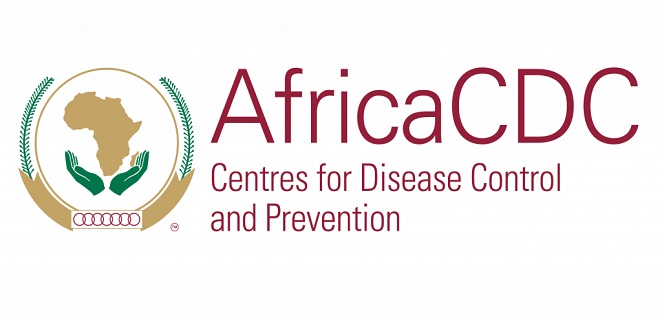PLAN International has launched its 2019-2024 country strategy that will act as a yardstick to track and monitor progress and shortcomings the organization could have made in the advancing girls, children and young people’s sexual reproductive health and rights (SRHR).
By Michael Gwarisa
Speaking a the launch, United Nations (UN) Resident Coordinator Ms. Maria Ribeiro said the country strategy would allow Plan International Zimbabwe and its partners to reflect on key achievements of the previous strategy.
The challenge on child protection particularly that of the girl child in Zimbabwe is no different from the global challenges. According to the latest National Adolescent Fertility Study, almost a quarter of adolescent girls aged 15-19 years (24%) have started childbearing with rural adolescent girls aged 15-19 are more likely to become pregnant (143 births per 1,000 adolescent girls aged 15-19) compared to their urban counterparts (75 births).
“Violence against children remains a challenge in Zimbabwe. In 2018, Childline received a total of 25,000 cases (15,000 through the helpline and 10,000 through drop in). Of these cases 66% were on protection while 34% were on welfare (Childline 2018 Annual Report). Sexual abuse accounted for 26%, physical abuse 20%, neglect 17%, emotional abuse 17% and 20% other forms of abuse,” said Ms Ribeiro.

She added that the fact that Zimbabwe has committed to to Sustainable Development Goals (SDGs) was hope enough to prove the country would over the prevailing challenges facing girls, children and youths but more needed to be done to ensure the targets are reached.
“These are the realities that we are all facing here in Zimbabwe. Yet, there is hope because the world has committed to the Sustainable Development Goals. These cannot be realized unless the situation of girls and children and youth are addressed because you cannot leave out (as in many countries) over 60% of the population.
“These challenges call for interaction, strong partnerships and innovative solutions. The 2030 Agenda for Sustainable Development has been given a new vigour with the launch of the Decade of Action on SDGs. Let us make the next 10 years a decisive decade for Zimbabwe, for Africa, and for the world, and most of all, for young girls and young boys so that they can be empowered adults.”
The Decade of Action on SDGs was launched by the UN Secretary General in New York yesterday with a focus on “Mobilisation, Ambition and Solutions”. So, let us be ambitious, let us mobilize everybody, and let us find good, innovative solutions to today’s problems.
Let me finish by reiterating to the young people here present and in Zimbabwe as a whole of the United Nations’ commitment to making a reality of the 2030 Agenda for Sustainable Development; of working with you so that you can be empowered to reach your potential and your aspirations as well.
“Let me also reiterate to Plan International our support and our appreciation not just to the work that you are doing here in Zimbabwe and in other countries, but our appreciation of the partnership, which has always existed between your organization and various UN agencies. The United Nations Development System and relevant UN Agencies will continue to partner with Plan International and other partners to deliver for children and particularly for girls.”
Meanwhile, Plan International Country Director, Dr Angela Muriithi said the Country Strategy seeks to contribute to the reduction of child and unplanned youth pregnancies and child marriages in Zimbabwe to enable girls, boys and young people to develop into responsible and engaged citizens.
“Our focus on unplanned pregnancies and child marriages is a realization of the centrality of these twin challenges that girls and young women face, depriving them of life opportunities and creating a cycle of poverty in their lives. We know that if a girl falls pregnant in our context, the expectation is for her to go to the man who has made her pregnant, regardless of her age.”
Dr. Muriithi added that, “adolescent girls, children with disability and married girls are the most vulnerable in communities due to existing gender inequalities and exclusion factors, that make them prone to negative coping mechanisms such as transactional sex and exploitative work exposing them to gender based violence.”

To achieve the 5-year goal, Plan International is focusing on four inter-related strategic areas of programming which are: Youth Economic Empowerment, Adolescent Sexual and Reproductive Health, Inclusive Quality Education and Gender Transformative Child Protection targeting children and young people particularly girls.
Through the above 4 thematic areas, our ambition is to reach three million children and five hundred thousand young people with inclusive and gender transformative development and humanitarian programming in the next 5 years.
“One of the major drivers of child marriage in the Zimbabwean context is teen pregnancies and it is important that we address the underlying cause of this critical challenge for girls in Zimbabwe,” Ms Muriithi added.




